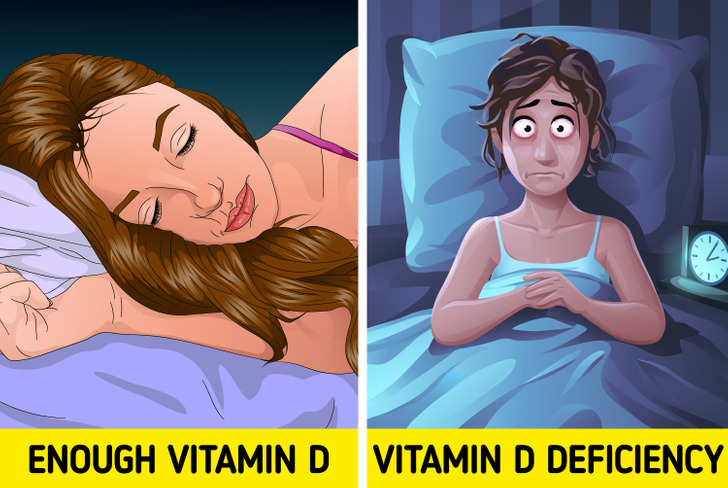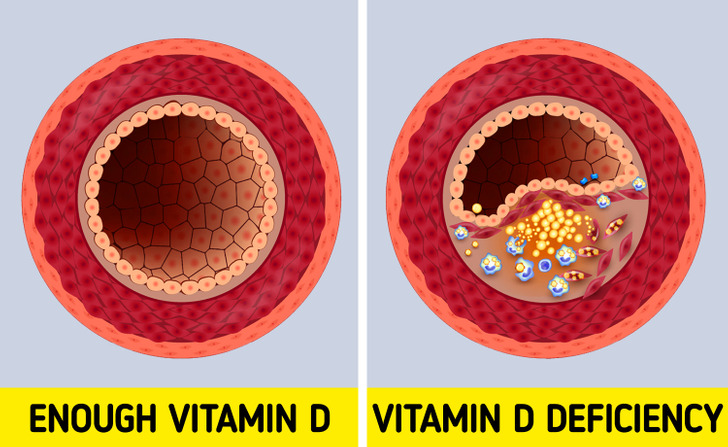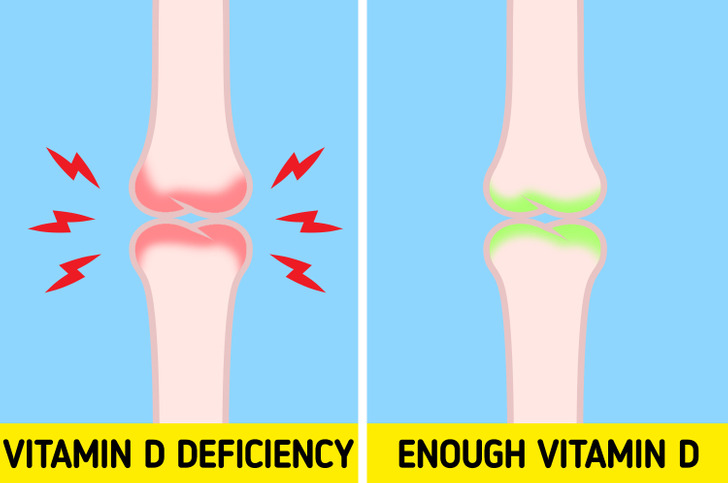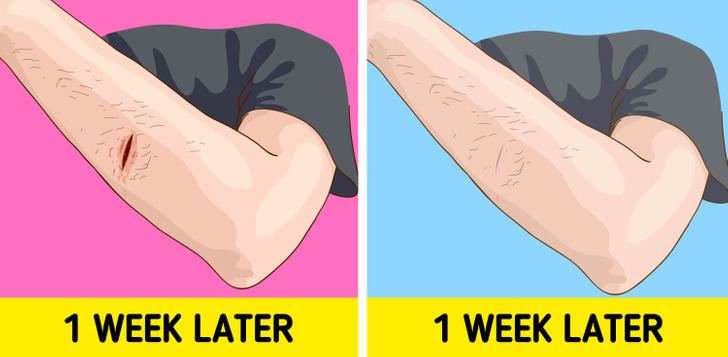Around 1 billion people worldwide are estimated to have a deficiency in vitamin D. The number is massive, and this deficiency can lead to many health issues that usually require people’s immediate attention. Of course, these symptoms aren’t caused solely by this deficiency, but it can be one of the many reasons. Whatever the case, you should always consult with your doctor if you feel you have any of the symptoms we mention below.
Bhaskar Health wants you to have an idea of what a vitamin D deficiency looks like and ways you can help increase it in your body.
1. Hair loss or thinning
Vitamin D is essential for the skin cells that process keratin, the protein that is needed for our hair and nails to grow. So, when there’s not enough, keratin isn’t produced at the levels needed and our hair suffers. In fact, vitamin D deficiency is often linked with alopecia and hair thinning in both men and women. There have been many studies and researches that have concluded with the same results, which means that changes in our diet are necessary.
2. Trouble sleeping
This vitamin plays a very important role in having successful sleeping patterns. Studies have shown that having a deficiency in it could lead to insomnia, disrupted sleep, less restorative sleep, and fewer sleeping hours. In some people, it can even lead to sleep apnea, where one’s breathing isn’t regulated and interrupts their sleep all night long.
3. More frequent illnesses
One of the shields your body and immune system can have as a defense to illnesses and viruses is vitamin D. So, when your body lacks this vitamin, it’s a lot easier for you to contract viruses and get sick often. Colds, bronchitis, and pneumonia can happen a lot easier when vitamin D is missing. In other words, this vitamin is very important for your respiratory system and maintaining its health.
4. Bone and joint pain
Studies have showcased how vitamin D deficiency increases the chances of having rheumatoid arthritis later in age. This is because it helps maintain the bone mass in our bodies by assisting with the absorption of calcium. Another scientific review showed that people who suffered from chronic muscle pain and other bone-related problems tended to have lower vitamin D levels.
5. Feeling tired all the time
Tiredness can have many causes, including stress, anxiety, depression, and vitamin D deficiency. One study, that 480 people with this deficiency took part in, showed that they all experienced fatigue. This is because weaker bones and muscles can cause your whole body to feel more tired. Fixing your diet and starting to take supplements can be successful in bringing back the lost energy.
6. Wound healing takes longer
It’s known that people with diabetes have trouble healing their wounds, but if you don’t suffer from that, then maybe you have a vitamin D deficiency. It’s been shown that this vitamin can regulate the growth factors of new tissue. Also, in one study, it was shown that people with leg ulcers were more likely to suffer from this deficiency. In more straightforward cases, you might notice that minor wounds take an abnormally long time to heal, which could mean you are deficient.
How to increase your vitamin D levels
- Food sources: improving your diet should always be the first choice, and food like fatty fish, egg yolks, fortified milk, and yogurt are good sources of vitamin D.
- Supplements: you may want to ask your doctor about the dosage that is best for you to consume daily. But you don’t need a prescription to get vitamin D supplements, since you can buy them over the counter.
- Sunbathing: while this is the most natural way to receive your vitamin D, you have to be careful about the times of the day you expose yourself to sunlight. It’s best if you apply sunscreen 20 minutes before going out in the sun and avoid the time frame between 10 AM — 4 PM. Make sure you re-apply your sunscreen after you do an activity, like swimming, or after 2 hours since the first application.
Are you experiencing any of the symptoms mentioned above? Have you checked your vitamin D levels?








0 Comments